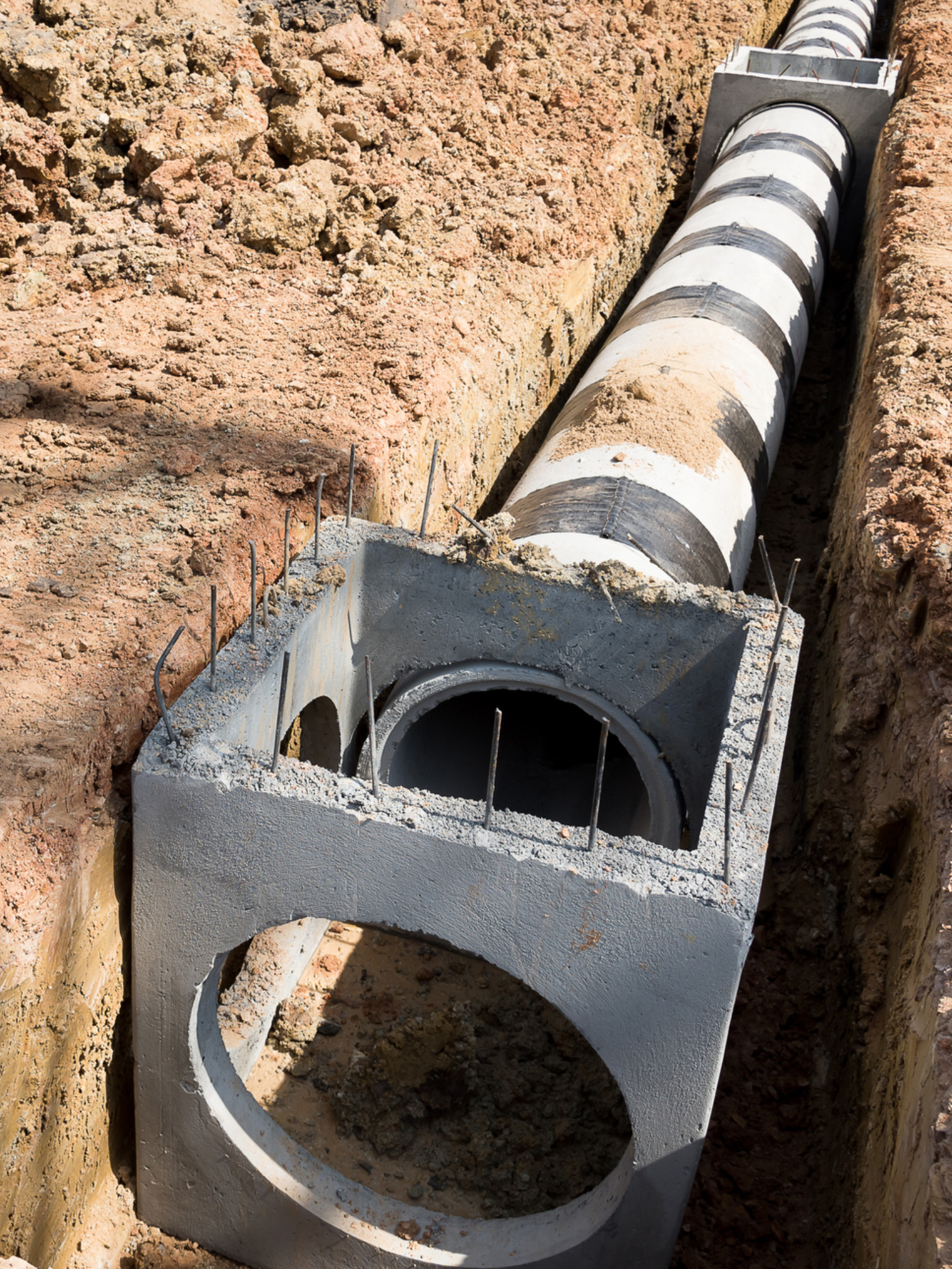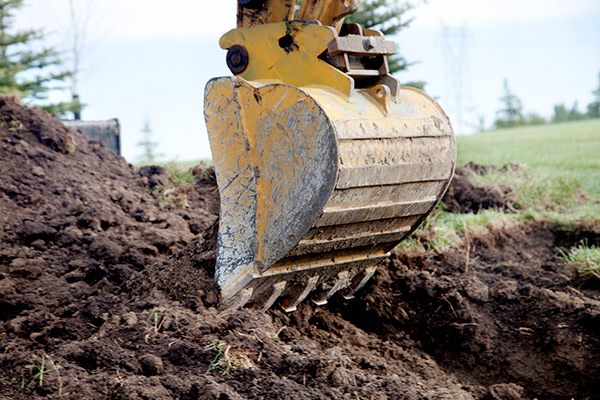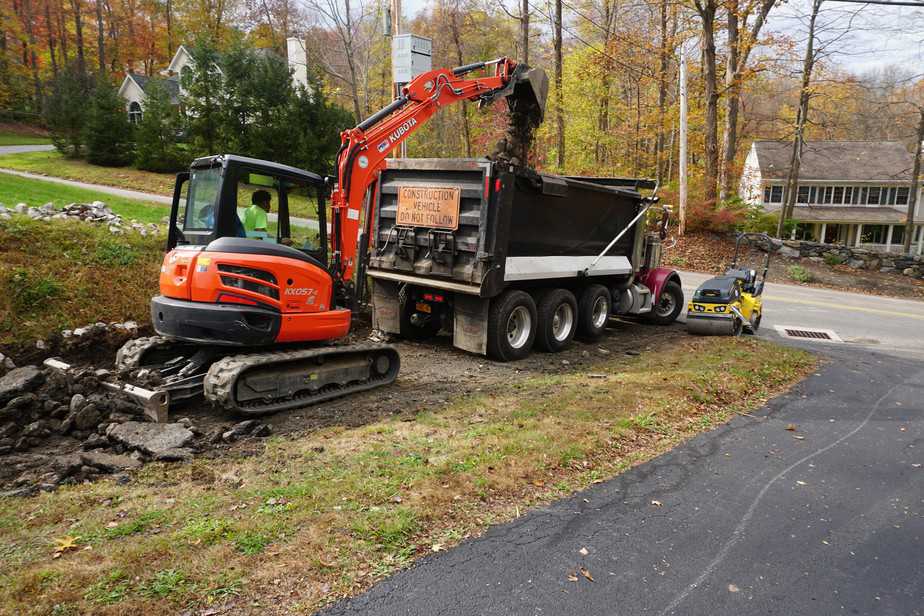Comprehensive Excavation Approaches: Understanding the Principles for Success
The mindful planning, exact execution, and thorough attention to information required in excavation projects require a detailed method that includes different essential elements. The true proficiency exists not merely in understanding these basics yet in effortlessly incorporating them to browse the intricacies of excavation projects with finesse.
Comprehending Excavation Job Planning

Successful excavation projects are constructed on the foundation of comprehensive and thorough planning. The first phase of any excavation job is the planning stage, where crucial choices are made that can substantially impact the end result of the project. Throughout this stage, it is important to gather all appropriate information concerning the site, including topographical studies, soil structure, and any potential hazards that might exist. Understanding the task spending plan, scope, and timeline restrictions is important for producing an extensive excavation plan that makes sure the project's success.
One key aspect of excavation project planning is the growth of a comprehensive timeline that details the series of tasks, deadlines, and landmarks. By very carefully thinking about all these elements during the preparation stage, excavation tasks can be performed successfully and efficiently, leading to effective outcomes - septic ohio.
Soil Evaluation and Website Assessment
Carrying out thorough soil evaluation and website assessment is a crucial action in the prep work phase of any type of excavation job. Dirt evaluation involves identifying the make-up, framework, and residential properties of the dirt at the excavation site. This info is vital for recognizing the soil's bearing capability, wetness web content, and potential for erosion, which are essential consider determining the excavation approaches and tools needed for the job.
Website analysis exceeds soil evaluation and incorporates a broader evaluation of the overall site problems. This analysis includes determining any potential dangers, such as below ground utilities, environmental issues, or unpredictable terrain, that could influence the excavation procedure. By completely reviewing the site, task supervisors can establish efficient excavation methods that prioritize security, efficiency, and environmental protection.
Using sophisticated innovations like ground-penetrating radar, soil sampling, and drone studies can improve the accuracy and efficiency of dirt evaluation and site assessment. Investing time and resources in these initial actions can eventually save time and prevent expensive delays or problems during the excavation process.
Tools Option and Application
Efficient excavation projects rely greatly on critical devices option and application to ensure optimum performance and performance. Picking the ideal devices for the job is important in taking full advantage of effectiveness and lessening downtime. Factors such as the kind of dirt, deepness of excavation, and project scope play a substantial role in determining the most appropriate devices for the task available.

Along with choosing the ideal tools, correct utilization is essential to job success. Operators needs to be educated to take care of the equipment securely and successfully - lancaster excavation. Routine maintenance checks and timely repair work assist avoid break downs and guarantee constant performance throughout the project
Precaution and Regulations Compliance
In the realm of excavation projects, focusing on safety and security actions and conformity with guidelines is extremely important to ensuring a legitimately audio and protected functional setting. Precaution incorporate an array of practices, including performing comprehensive site analyses, executing correct signage and barriers, and supplying appropriate safety training for all workers associated with the excavation procedure. Adherence to regulations, such as OSHA needs in the United States, makes sure that the excavation task fulfills the necessary requirements to secure workers, bystanders, and the surrounding environment.

Surveillance Progression and Adjusting Strategies
Exactly how can predict supervisors successfully track the development of excavation jobs and adapt their methods as necessary to enhance end results? Surveillance progress is crucial for ensuring that excavation projects remain on track and satisfy target dates. Task managers can utilize different devices and methods to track progress, such as daily progression reports, normal site assessments, and progressed surveillance technologies like drones and general practitioners tracking systems. By continually checking the task's innovation, managers can recognize any possible hold-ups or concerns at an early stage and take aggressive procedures to resolve them.

Conclusion
Finally, mastering the basics of detailed excavation methods is crucial for the success of any kind of job. By understanding project planning, examining soil and website conditions, choosing appropriate tools, abiding with security laws, and monitoring progression, job supervisors can guarantee a smooth and efficient excavation procedure. Executing these techniques will result in effective outcomes and minimize potential dangers or obstacles during the excavation task.
The initial phase of any type of excavation task is the preparation phase, where vital decisions are made that can dramatically affect the outcome of the task. Understanding the task scope, budget discover here plan, and timeline restraints is crucial for creating an extensive excavation plan that guarantees the task's success.
Exactly how can forecast managers efficiently track the improvement of excavation tasks and adapt their strategies accordingly to enhance outcomes? By carefully keeping track of development and being eager to adapt methods, task supervisors can boost the overall success of excavation jobs.
By comprehending task preparation, evaluating soil and website conditions, selecting proper tools, abiding with safety policies, and keeping track of development, job supervisors can make sure a reliable and smooth excavation procedure.